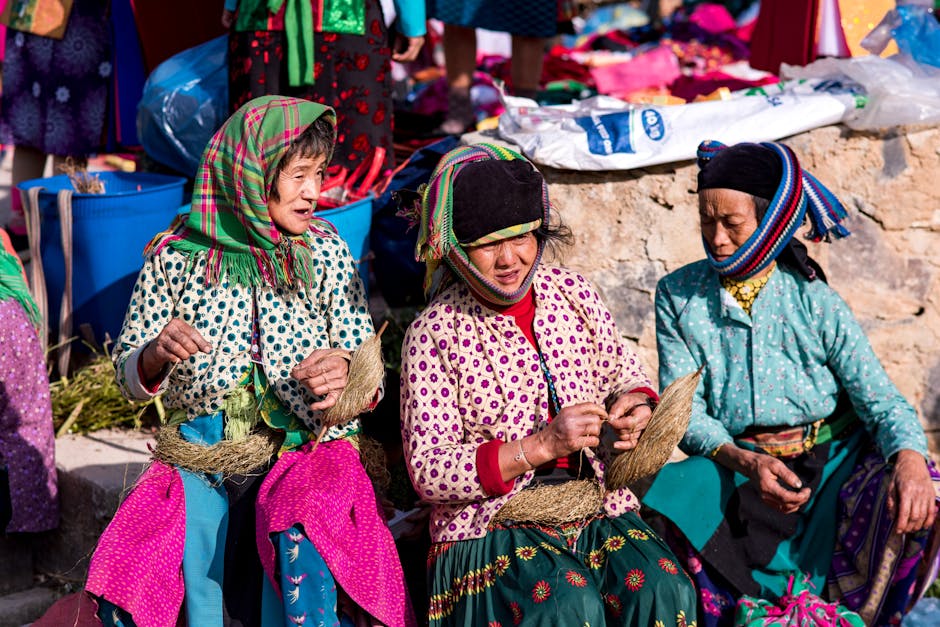
Postcolonial Literature and Folklore Reimagining
Postcolonial literature and folklore reimagining have emerged as crucial aspects of modern storytelling. Both explore the complex dynamics of cultural identity, history, and power relations.
Postcolonial literature refers to works written by authors from regions previously under colonial rule. These texts often challenge dominant narratives, deconstructing stereotypes and giving voice to marginalized communities.
One of the remarkable features of postcolonial literature is its ability to break traditional literary forms, incorporating diverse perspectives and storytelling techniques. Authors embrace multilingualism, use oral storytelling traditions, and combine folklore, mythology, and modern elements to create innovative narratives.
Folklore reimagining, on the other hand, involves the reinterpretation and revitalization of traditional tales and myths. These narratives, deeply rooted in cultural traditions, offer valuable insights into a community's history, values, and shared experiences.
Through folklore reimagining, authors bring new life to old stories, making them relevant and accessible to contemporary audiences. They challenge stereotypes and address social, political, and environmental issues. Moreover, folklore reimagining can serve as a powerful tool for cultural preservation and empowerment, allowing communities to reclaim their narratives.
When postcolonial literature and folklore reimagining converge, it opens up a space for redefining cultural narratives and exploring interconnectedness. By weaving traditional folktales into postcolonial narratives, authors navigate the complexities of identity, diaspora, and historical trauma.
Language plays a crucial role in postcolonial literature and folklore reimagining. It becomes a means of resistance and decolonization. Authors navigate multiple languages, blending vernaculars and dialects with the language of the former colonial power. This multilingual approach enriches the narratives and highlights the resilience of marginalized communities.
In conclusion, postcolonial literature and folklore reimagining are powerful forces in contemporary storytelling. They challenge prevailing narratives, reclaim marginalized voices, and highlight the interconnectedness of cultures. By exploring these realms, we gain a deeper understanding of our collective history and the transformative power of storytelling.
